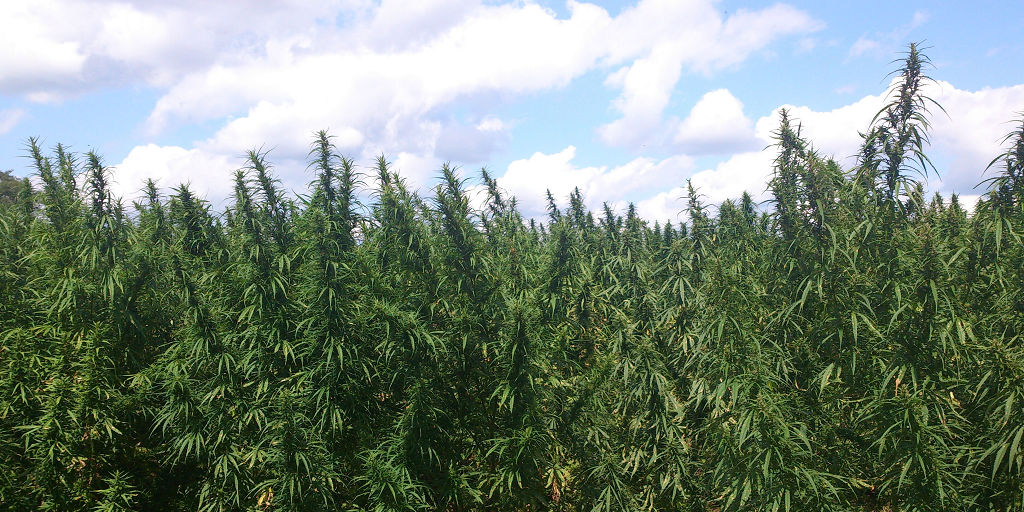
Industrial Hemp from the Department of Agriculture in Kentucky
What to Know Before You Grow Hemp in the County of SLO
Author: Marc Lea
Date: 6/2/2020 11:46 AM
With the federal government’s passage of the 2018 Farm Bill in December 2018, industrial hemp was officially taken off the federal Controlled Substances Act list. But what does that mean for potential growers in San Luis Obispo County?
- Any hemp plant containing more than 0.3% THC would be considered cannabis by State and Federal regulations. The regulatory changes only apply to “industrial hemp”. Essentially, any “hemp” plant containing more than 0.3% THC would be considered cannabis under both Federal and State law, and growers in SLO County would be subject to rules detailed by the County’s cannabis ordinance.
In the County’s cannabis ordinance enacted in late 2017, industrial hemp was specifically excluded from the restrictions and requirements for cannabis, and instead was identified as a “crop production and grazing” use. There is no local land-use permit required for cultivating industrial hemp at this time.
However, industrial hemp growers must still follow all local land-use requirements for the “crop production and grazing” category, which may include grading requirements, irrigation offsets for those cultivating over the Paso Robles Groundwater Basin, etc. Please contact the Planning Department for further information on local land use requirements which may apply in your situation. In addition, the State laws and regulations required for industrial hemp cultivation, as described below, must still be met. - Urgency Ordinance and New Permanent Ordinance on Hemp Cultivation established by San Luis Obispo County Board of Supervisors. In June 2019, the San Luis Obispo County Board of Supervisors passed an urgency ordinance placing a temporary moratorium on all industrial hemp cultivation with a few exemptions. The Board also directed the County Planning Department, with input and assistance from the Department of Agriculture, the Agricultural Liaison Advisory Board (ALAB), hemp industry representatives, and concerned citizens, to develop a permanent ordinance governing hemp cultivation. The goal was to have a permanent ordinance in place by early 2020 that would allow for industrial hemp cultivation, with certain restrictions, such as zoning limitations, setbacks, and/or minimum parcel sizes. Any permanent ordinance developed would replace and supersede the urgency ordinance.
On May 5, 2020, the County Planning Department presented the proposed permanent ordinance to the board of supervisors. The board approved the ordinance with considerable modifications related to parcel size, distance to adjacent property lines, hoop houses, Edna Valley and other aspects. For more information about the ordinance, please read the summary of the approved and adopted New Industrial Hemp Ordinance.
Requirements
- State regulations establishing industrial hemp registration processes and fees. The County Agricultural Commissioner’s Office (AKA Department of Agriculture/Weights and Measures) will process industrial hemp registrations for commercial cultivation in SLO County according to the regulations developed by the California Department of Food & Agriculture. For details on the hemp cultivation registration process, please review the Commercial Industrial Hemp Registration Requirements.
- Commercial Growers must arrange for an official sample and laboratory test to ensure compliance with established regulations on THC levels. Those commercial growers that have obtained an annual registration certificate are required to meet state regulations on sampling and testing. All fields must be sampled within 30 days of harvest and that sample must be tested by a certified lab to ensure that THC levels are within legal limits (no more than 0.3% THC). Please review, the Department’s Sampling & Testing requirements for additional information.
The County Department of Agriculture/Weights and Measures will provide updates on any changes in local, state, and/or federal regulations as that information becomes available. Please contact us directly if you have any questions.
